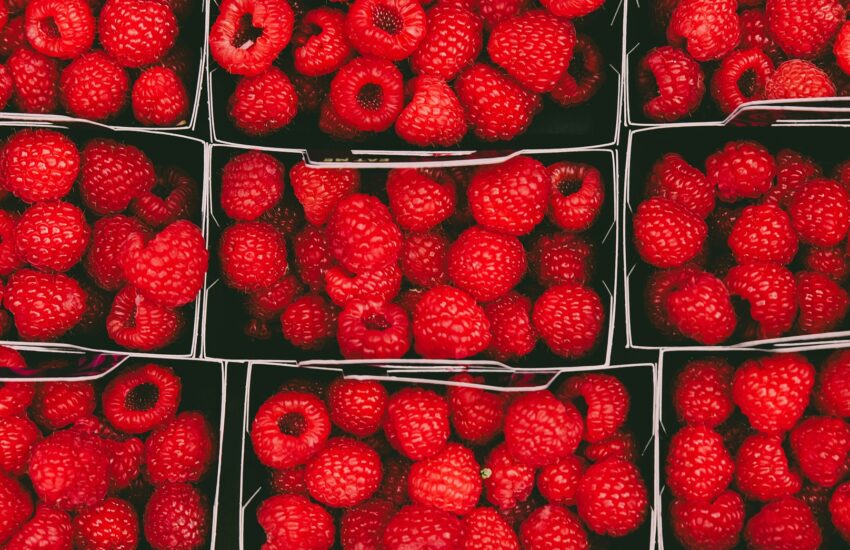High-fiber foods are essential for maintaining good health due to their numerous benefits for digestion, heart health, weight management, and overall well-being. Soluble fiber, such as that found in oats, beans, and fruits like apples, binds to cholesterol in the digestive tract and helps eliminate it from the body, reducing LDL (bad) cholesterol levels. Accordingly Mohit Tandon from Burr Ridge, Followings are the 15 High-Fiber Foods you should Eat:
1. Lentils
Lentils are legumes known for their high fiber content, making them a staple in many cuisines worldwide. They are rich in both soluble and insoluble fiber, with a half-cup serving providing approximately 8 grams of dietary fiber. Soluble fiber in lentils helps lower cholesterol levels by binding to bile acids, while insoluble fiber supports digestive health by adding bulk to stool and promoting regular bowel movements.
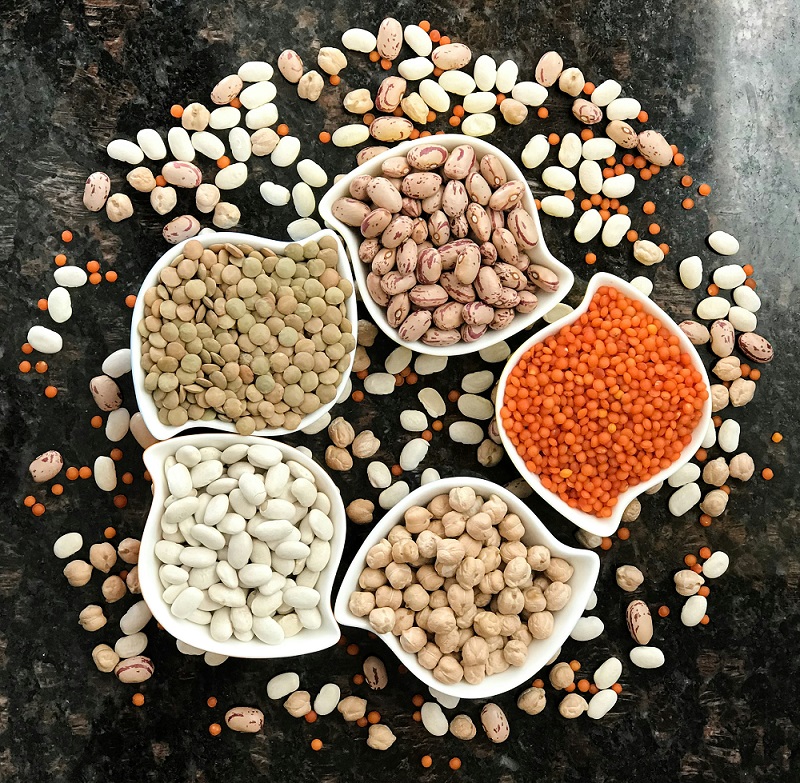
2. Chickpeas (Garbanzo Beans)
Chickpeas are another legume renowned for their fiber content, offering about 8 grams of fiber per cup when cooked. They are particularly high in soluble fiber, which aids in lowering LDL (bad) cholesterol levels and stabilizing blood sugar levels by slowing down the absorption of sugar into the bloodstream. Regular consumption of chickpeas can contribute to improved digestive health and reduced risk of chronic diseases like diabetes and heart disease.
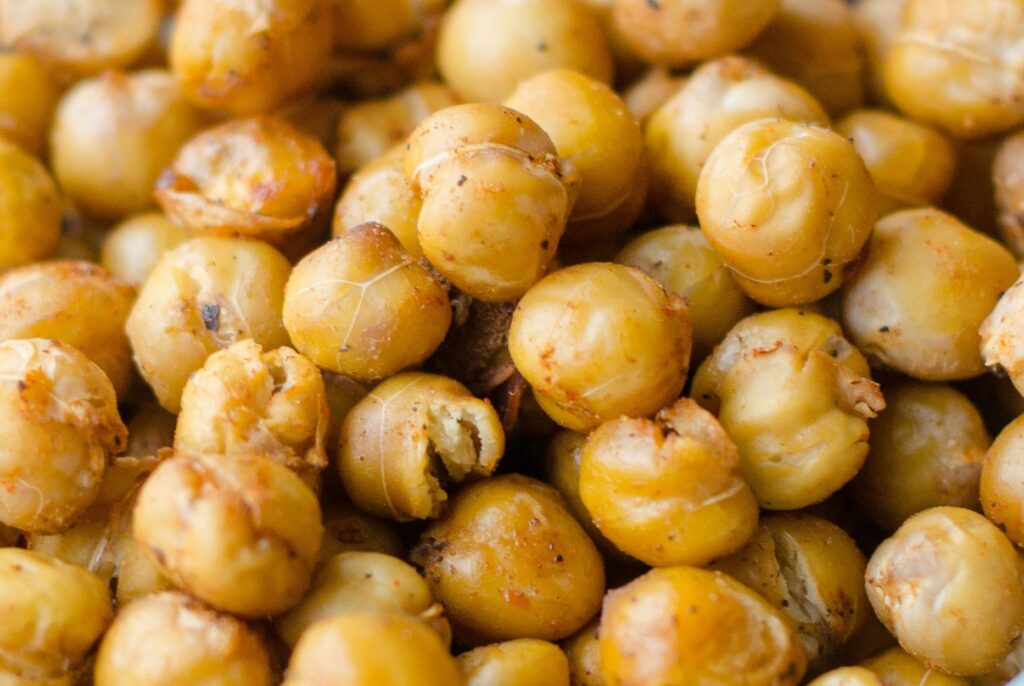
3. Black Beans
Black beans are a nutrient-dense legume packed with fiber, protein, and antioxidants. One cup of cooked black beans provides around 15 grams of fiber, consisting of both soluble and insoluble types. Soluble fiber in black beans helps regulate blood sugar levels and improve satiety, while insoluble fiber supports digestive health by preventing constipation and promoting a healthy gut microbiome.
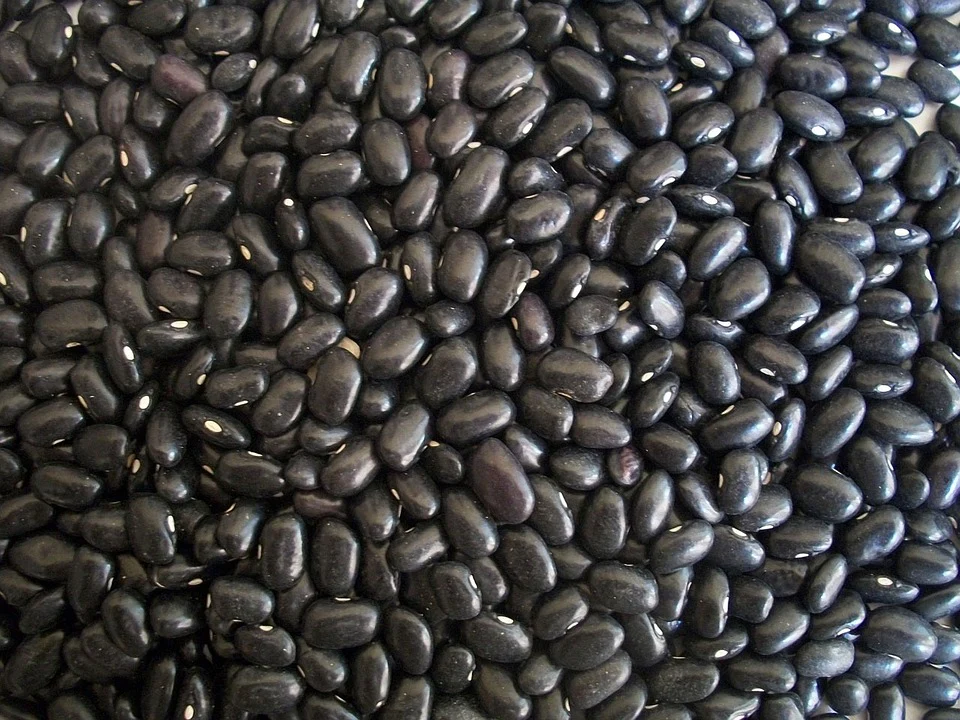
4. Split Peas
Split peas, derived from dried peas that have been split in half, are a rich source of dietary fiber, with one cup offering approximately 16 grams of fiber when cooked. They are particularly high in soluble fiber, which aids in lowering cholesterol levels and promoting heart health. Split peas also provide essential nutrients like folate, potassium, and iron, making them a valuable addition to a balanced diet. – Mohit Tandon Burr Ridge
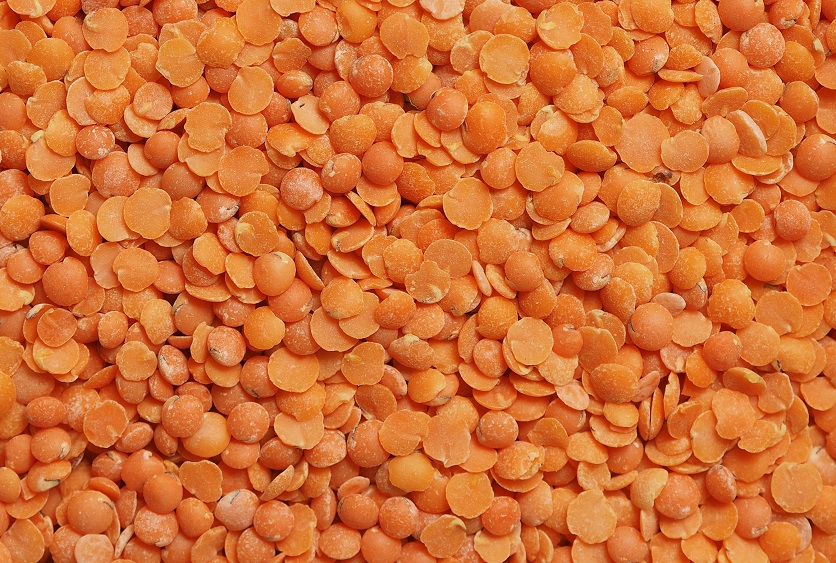
5. Artichokes
Artichokes are a unique vegetable prized for their high fiber content, with one medium-sized artichoke providing around 10 grams of fiber. The majority of the fiber in artichokes is insoluble, which supports digestive health by promoting regular bowel movements and preventing constipation. Additionally, artichokes contain antioxidants and compounds that may help protect against liver disease and promote overall well-being.

6. Broccoli
Broccoli is a cruciferous vegetable famous for its nutrient density and high fiber content. One cup of cooked broccoli contains approximately 5 grams of fiber, consisting of both soluble and insoluble fiber types. Soluble fiber in broccoli helps lower cholesterol levels, while insoluble fiber supports digestive health by adding bulk to stool and aiding in regular bowel movements. Broccoli also provides essential vitamins, minerals, and antioxidants that contribute to overall health and disease prevention. – Mohit Tandon Burr Ridge
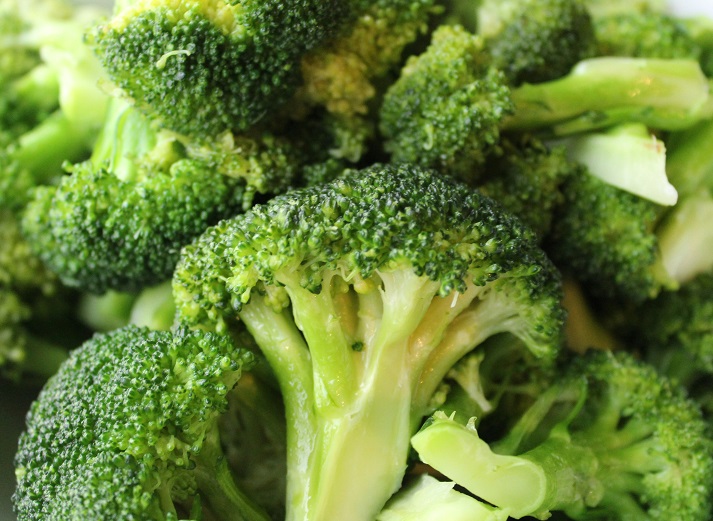
7. Brussels Sprouts
Brussels sprouts are another cruciferous vegetable rich in fiber, with one cup of cooked Brussels sprouts offering around 4 grams of fiber. The fiber in Brussels sprouts includes both soluble and insoluble types, which promote digestive health, regulate blood sugar levels, and support weight management by promoting satiety. Brussels sprouts contain vitamins, minerals, and antioxidants that provide numerous health benefits, including reducing inflammation and supporting immune function.
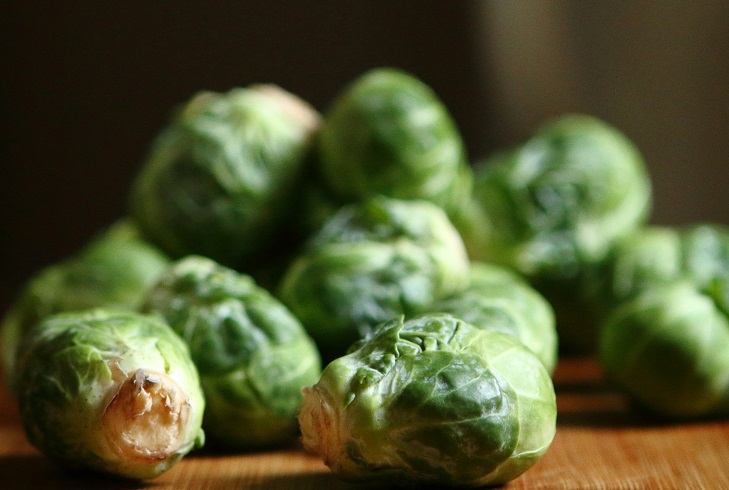
8. Raspberries
Raspberries are a delicious and nutritious berry known for their high fiber content, with one cup of raspberries providing approximately 8 grams of fiber. The majority of the fiber in raspberries is soluble fiber, which helps lower cholesterol levels and stabilize blood sugar levels by slowing down the absorption of sugar into the bloodstream. Raspberries are also rich in antioxidants like vitamin C and quercetin, which contribute to their anti-inflammatory properties and overall health benefits. – Mohit Tandon Burr Ridge
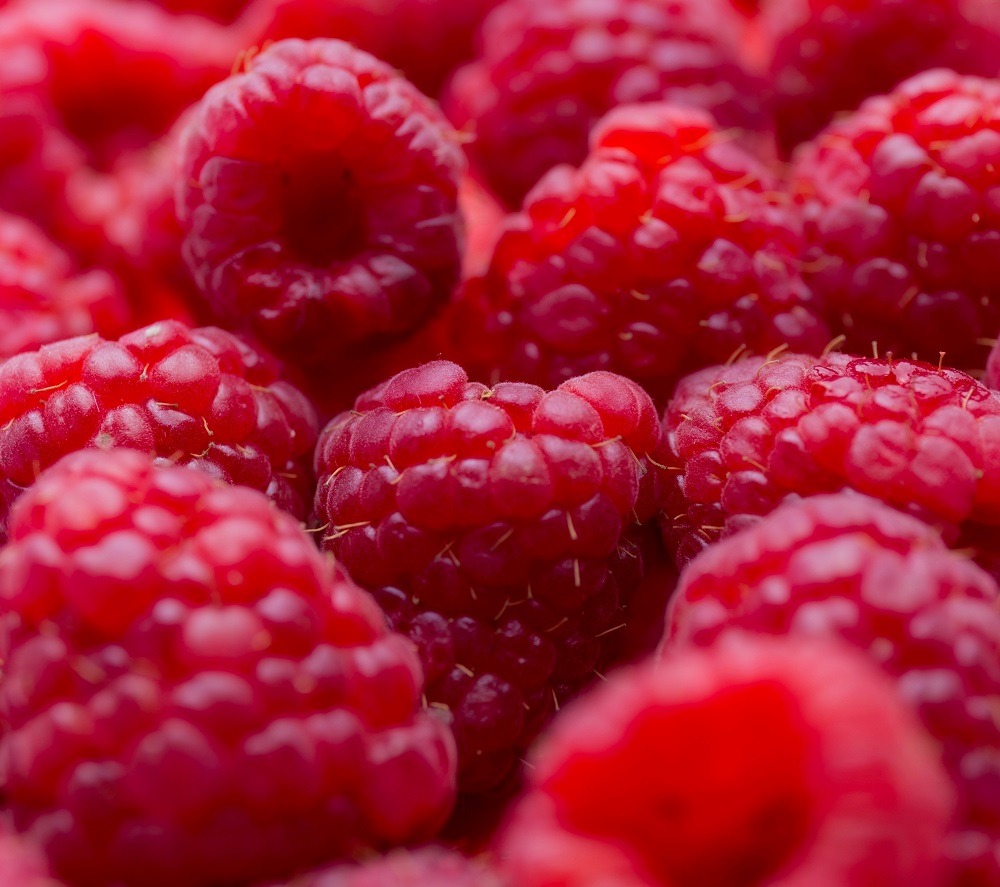
9. Blackberries
Blackberries are another fiber-rich berry, offering about 8 grams of fiber per cup. Like raspberries, the fiber in blackberries consists mainly of soluble fiber, which aids in lowering cholesterol levels and regulating blood sugar levels. Blackberries contain vitamins, minerals, and antioxidants that support immune function, promote skin health, and reduce the risk of chronic diseases like heart disease and cancer.
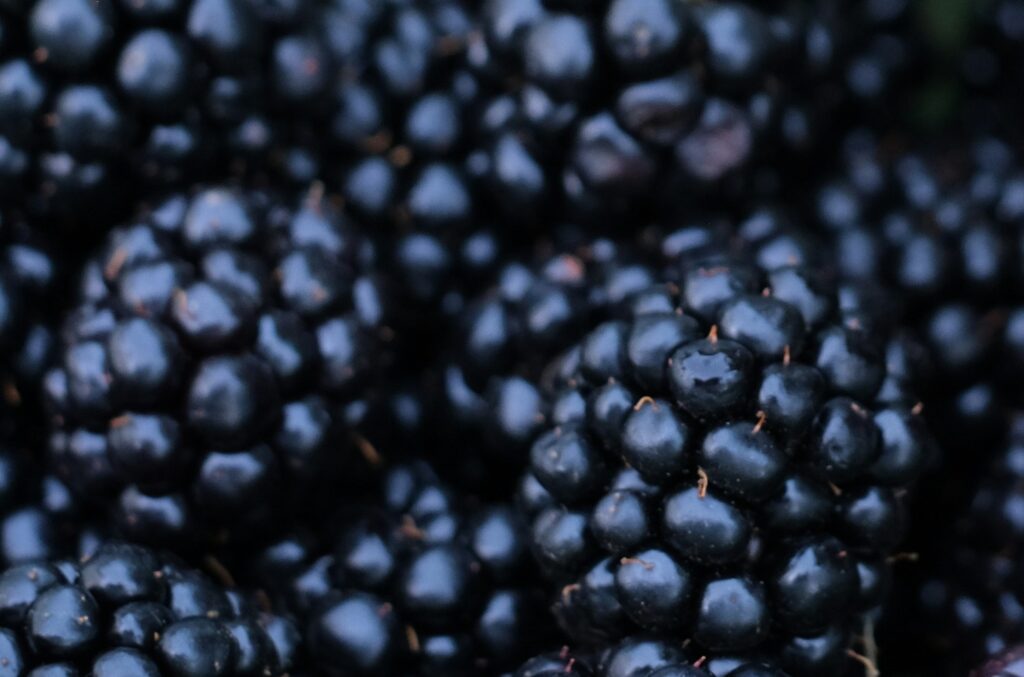
10. Pear
Pears are a juicy and flavorful fruit that is high in dietary fiber, with one medium pear providing around 6 grams of fiber. The majority of the fiber in pears is soluble fiber, which aids in lowering cholesterol levels and promoting heart health. Pears also contain antioxidants like vitamin C and copper, which contribute to their anti-inflammatory properties and overall health benefits. Consuming pears regularly can support digestive health, regulate blood sugar levels, and contribute to weight management.
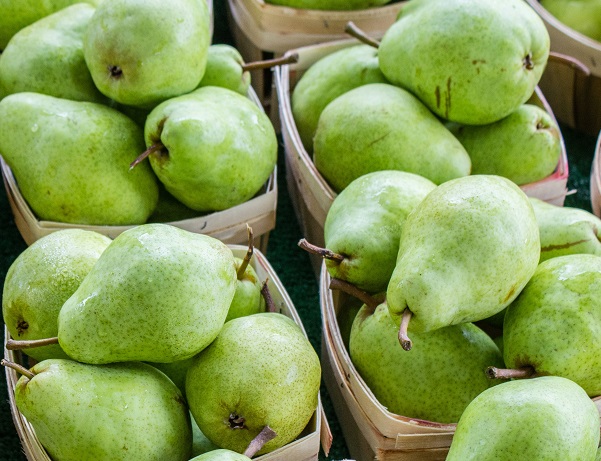
11. Avocado
Avocado is a unique fruit known for its creamy texture and nutrient density, including its high fiber content. One medium avocado provides around 13 grams of fiber, consisting primarily of soluble fiber, which aids in lowering cholesterol levels and promoting heart health. Avocados are also rich in healthy fats, vitamins (such as vitamin K, vitamin E, and B vitamins), minerals (such as potassium and magnesium), and antioxidants (such as lutein and zeaxanthin). These nutrients contribute to avocado’s anti-inflammatory properties, support digestive health, promote skin health, and contribute to overall well-being.
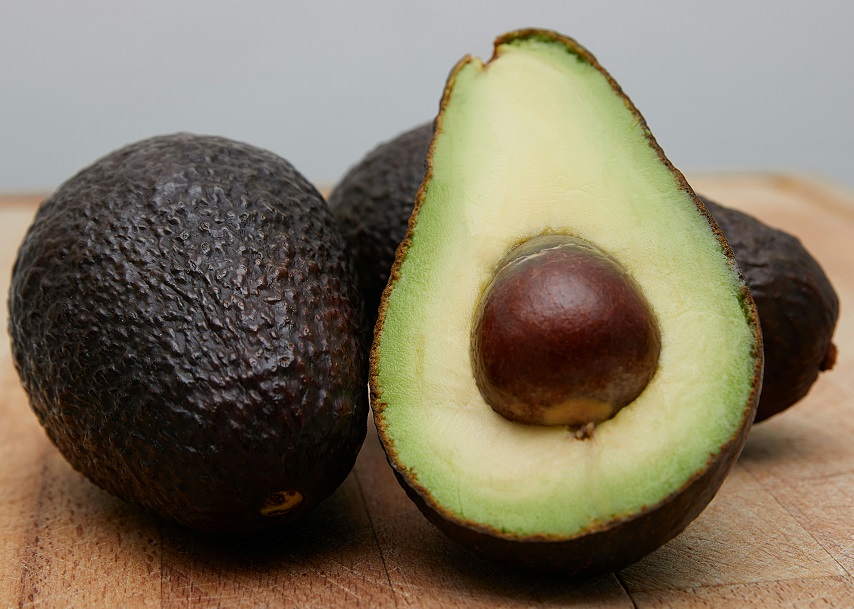
12. Quinoa
Quinoa is a gluten-free pseudo-grain that is rich in fiber, protein, and essential nutrients. One cup of cooked quinoa provides around 5 grams of fiber, consisting of both soluble and insoluble fiber types. The soluble fiber in quinoa aids in lowering cholesterol levels and regulating blood sugar levels, while the insoluble fiber supports digestive health and promotes regular bowel movements. Quinoa is also a complete protein, containing all nine essential amino acids, making it a valuable addition to vegetarian and vegan diets. Consuming quinoa regularly can support weight management, reduce the risk of chronic diseases like heart disease and diabetes, and contribute to overall health and well-being.
13. Oats
Oats are a whole grain known for their high fiber content and numerous health benefits. One cup of cooked oats provides around 4 grams of fiber, consisting mainly of soluble fiber, which aids in lowering cholesterol levels and regulating blood sugar levels. Oats also contain beta-glucan, a type of soluble fiber that has been shown to promote heart health by reducing LDL (bad) cholesterol levels. Additionally, oats are rich in vitamins, minerals, antioxidants, and complex carbohydrates, making them a nutritious and filling breakfast option that supports digestive health, promotes satiety, and contributes to overall well-being.
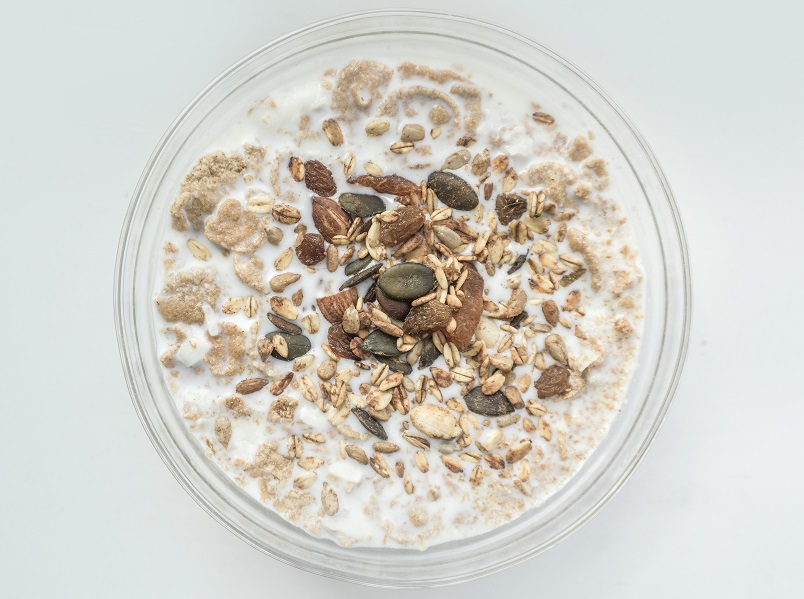
14. Flaxseeds
Flaxseeds are tiny seeds that are packed with dietary fiber, omega-3 fatty acids, and other essential nutrients. Two tablespoons of ground flaxseeds provide around 4 grams of fiber, consisting mainly of soluble fiber, which aids in lowering cholesterol levels and regulating blood sugar levels. Flaxseeds also contain alpha-linolenic acid (ALA), a type of omega-3 fatty acid that has anti-inflammatory properties and supports heart health. Additionally, flaxseeds are rich in lignans, which are phytoestrogens that have antioxidant properties and may help reduce the risk of chronic diseases like heart disease and cancer. Consuming ground flaxseeds regularly can support digestive health, promote satiety, reduce inflammation, and contribute to overall health and well-being.
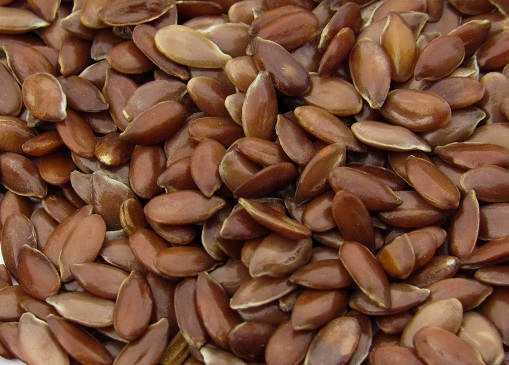
15. Chia Seeds
Chia seeds are nutrient-dense seeds that are rich in dietary fiber, omega-3 fatty acids, protein, and other essential nutrients. Two tablespoons of chia seeds provide around 10 grams of fiber, consisting mainly of soluble fiber, which aids in lowering cholesterol levels and regulating blood sugar levels. Chia seeds also absorb liquid and form a gel-like substance in the digestive tract, which helps promote satiety, regulate bowel movements, and support digestive health. Additionally, chia seeds are rich in omega-3 fatty acids, particularly alpha-linolenic acid (ALA), which has anti-inflammatory properties and supports heart health. Consuming chia seeds regularly can support weight management, reduce the risk of chronic diseases like heart disease and diabetes, promote satiety, and contribute to overall health and well-being.

Incorporating these 15 high-fiber foods into your diet can provide numerous health benefits, including improved digestive health, reduced risk of chronic diseases like heart disease and diabetes, better blood sugar control, and enhanced overall well-being.
